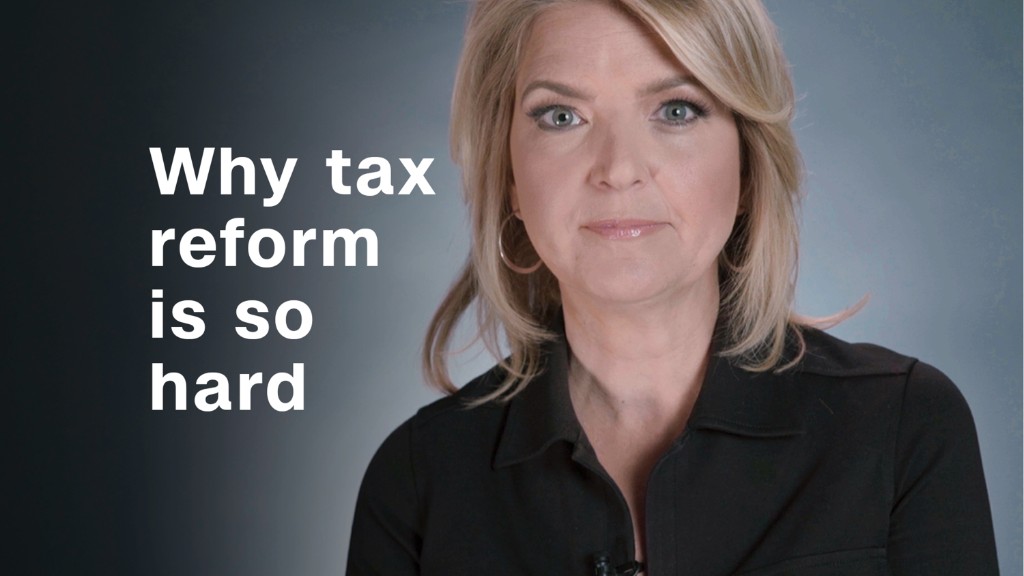
Treasury Secretary Steven Mnuchin on Tuesday said the administration is still considering making tax reform -- and its tax cuts -- retroactive to January 1, 2017.
"It would be a big boon to the economy," Mnuchin said at the Delivering Alpha investor conference.
That's very much a debatable point at this late date in the year.
On the one hand, backdating tax cuts "would put cash into people's pocket like Obama's 2009 Recovery Act did," said Martin Sullivan, chief economist at Tax Analysts. But, he added, retroactive cuts would do little to encourage businesses to invest more or hire more people this year.
Especially when there is no advanced notice.
Related: Trump says the U.S. is the highest tax country in the world. It's not.
"It is possible you can have positive impacts on the economy. But it's important you tell people you're going to do it," said economist Douglas Holtz-Eakin, president of the American Action Forum, a right-leaning policy think tank.
Telling people in September might qualify as advanced notice, he said, because in theory businesses could opt to gin up their investments in the last quarter of 2017 knowing they'd get a bigger tax break for doing so.
There's just one problem. There is no plan in sight yet. And there is no firm agreement among lawmakers that retroactivity is the way to go, if and when they do produce a plan.
In fact, there's no certainty that the administration will back the idea either. It's still under consideration, Mnuchin said.
So let's say they do pass a package by December or the first quarter of next year, and they make it retroactive to 2017.
Related: 4 ways the White House says tax reform will put money in workers' pockets
That would just be "a windfall without a chance to influence the economy," said Holtz-Eakin, a former director of the Congressional Budget Office.
And depending on whether Congress figures out a way to offset the revenue loss from those retroactive tax cuts, it could add to the country's sizeable and growing deficits.
"Retroactive tax-cuts are one of the absolute worst tax reforms one can pass," said Maya MacGuineas, president of the Committee for a Responsible Federal Budget. "They do nothing to change incentives and can have very negative effects if deficit financed. Policymakers should focus on how to offset the cost of the tax cuts they want to enact, not providing tax cuts to incentivize people to do things they have already done."
-- CNNMoney's Donna Borak and Matt Egan contributed to this report


